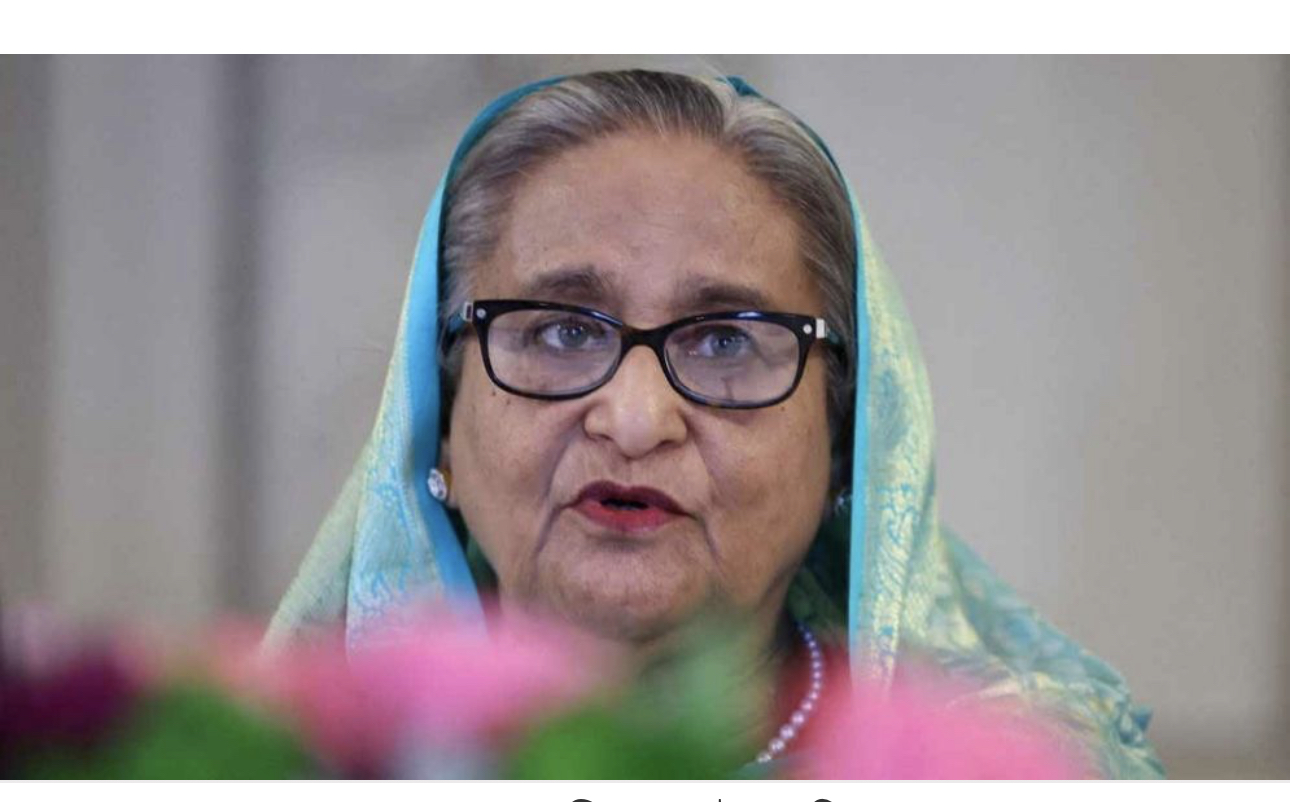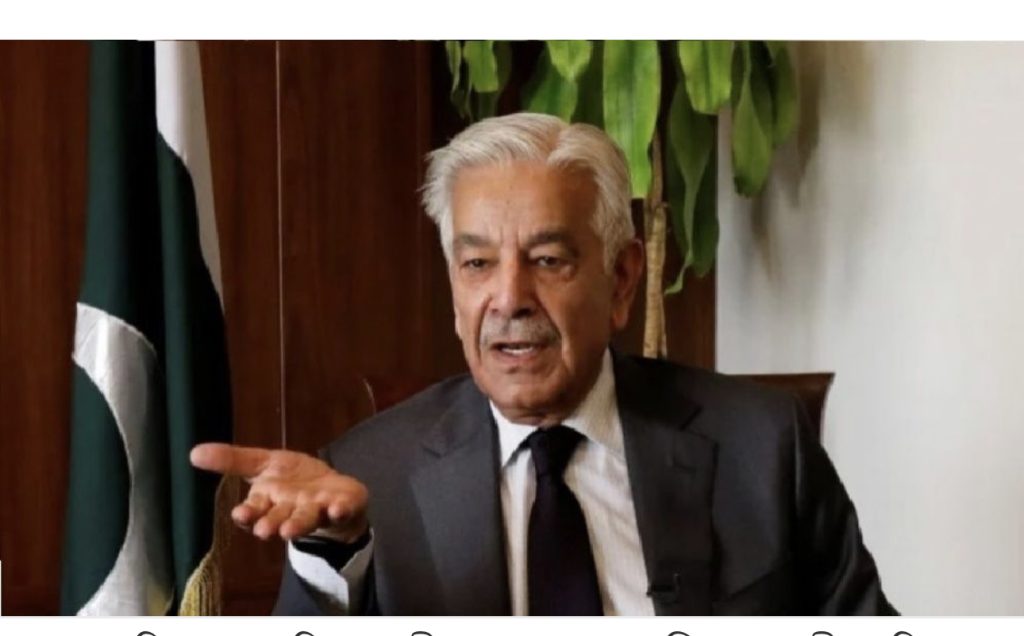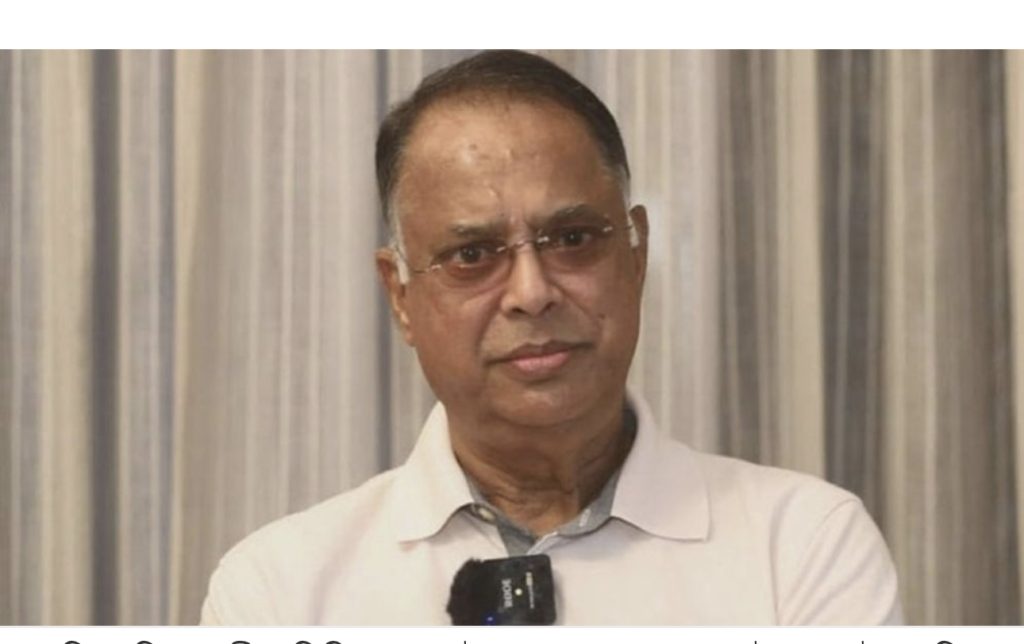Ex-PM Sheikh Hasina’s Controversial Interview: Political Fallout Over Election Comments
A new round of discussions has begun following the publication of an interview with former Prime Minister Sheikh Hasina in major international media outlets. The interviews, given by Hasina from her place of exile in New Delhi, were published on Wednesday in international wire services like Reuters, AFP, and the UK-based The Independent.
The deposed Prime Minister refused to apologize for the deaths of nearly 1,400 people during the mass uprising in July-August of last year. Her comments regarding the Awami League’s participation in the next election have drawn sharp reactions from various political leaders, as reported by the BBC.
Many critics stated that it “does not behoove” the former leader to make such statements when she herself had allegedly suppressed the public’s right to vote in three consecutive elections.
Hasina’s Stance on the Next Election
In her written response to questions, Hasina addressed the matter of Bangladesh’s upcoming general election.
Speaking to Reuters, Sheikh Hasina warned that millions of Awami League supporters would boycott the next election if the party is not allowed to participate. Stressing the necessity of electoral legitimacy for the next government, she stated, “If you want a functional political system, you cannot disenfranchise millions of people.”
Political Reactions to Her Comments
Amir Khosru Mahmud Chowdhury, a Standing Committee Member of the BNP, dismissed Hasina’s statement:
“Whether someone votes or not is the concern of the people of Bangladesh. If anyone thinks they have taken ownership of Bangladesh, that is incorrect.”
He called Hasina’s comment “personal,” asserting that in a democratic country, the right to vote or not vote belongs to the people.
Hasan Mahmud Tuku, another BNP leader, believes that an Awami League boycott would have little impact.
Matiur Rahman Akond, Central Executive Council Member of Jamaat-e-Islami, questioned her track record:
“How many of the elections held during her tenure as Prime Minister were truly representative? After setting the worst precedent of disenfranchisement, it does not suit her to say this after fleeing amidst public fury.”
aiful Huq, General Secretary of the Revolutionary Workers’ Party, echoed this sentiment, stating that while an inclusive election is everyone’s desire, the former PM showed “not the slightest realization of the ultimate farce and mockery she had reduced three elections to.”
Nurul Haque Nur, President of Gono Odhikar Parishad, found Hasina’s comments about the Awami League’s participation unconvincing:
“They (Awami League) have been rejected by the people through the mass uprising… After the fall of the fascist regime, those involved in injustice, irregularities, and corruption have fled the country, and general supporters have already joined other parties. Sheikh Hasina herself set the precedent that an election can be held without the Awami League or any political party. So this statement does not hold up even by her own logic.”
The National Citizens’ Party (NCP) shared a similar perspective. According to the party, no “terrorist organization” should be allowed to participate in the democratic process.
Mushfiq Us Saleheen, Joint Member Secretary and Media Cell Editor of the NCP, concluded:
“The countrymen were deprived of the opportunity to vote in the last three so-called elections. The next election will be participatory only if the people of the country vote enthusiastically and participate in the election.




